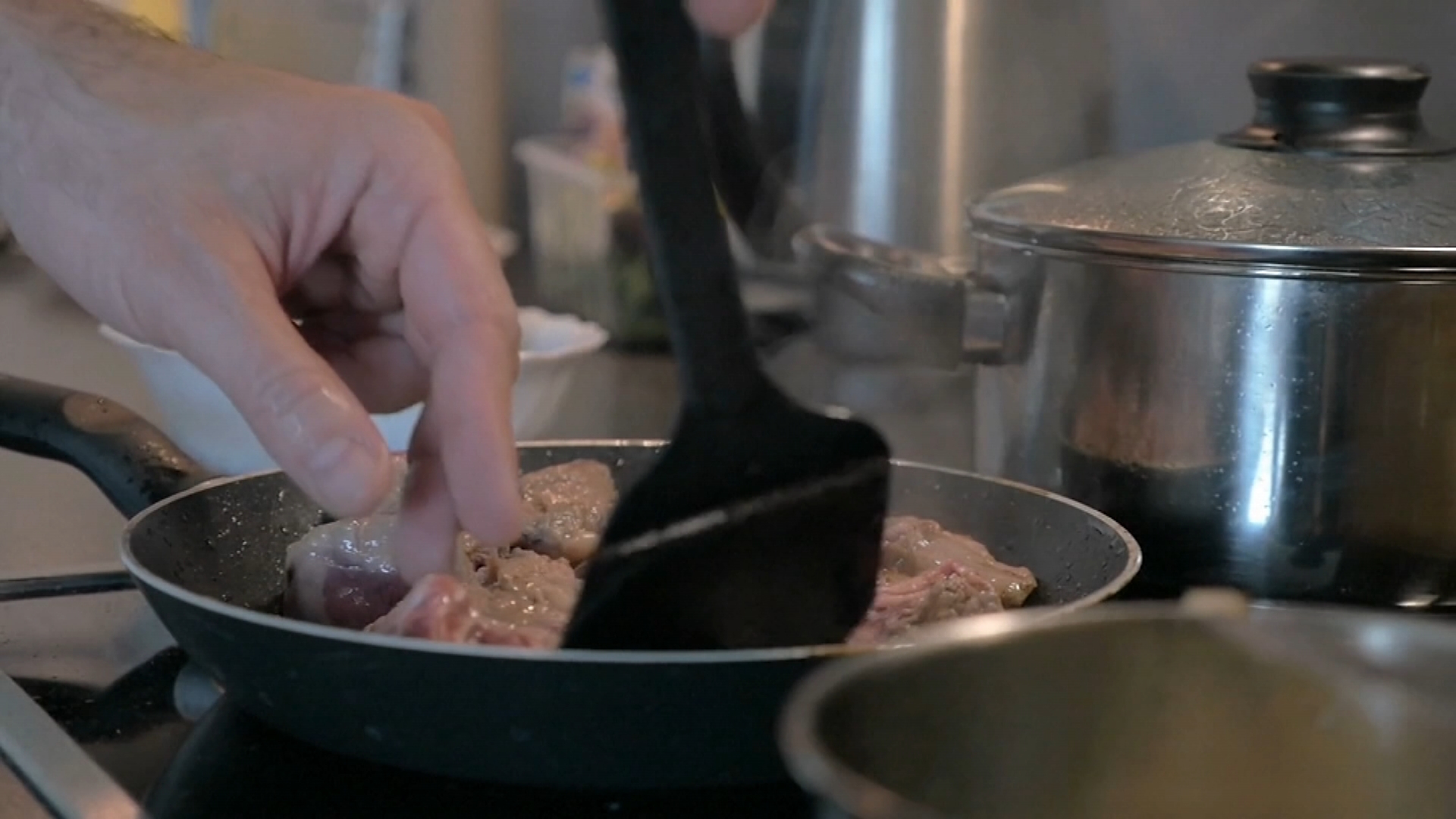EDITOR'S NOTE: Researchers have said there was a data error in their study, but have said their conclusion remains the same. A full explanation can be found HERE.
Last month, an NBC 5 Responds report explored why a recent study found black plastic kitchen utensils could be dangerous to your health.
Since then, NBC 5 Responds has been fielding dozens of questions from viewers about safe alternatives and if other types of black plastic were safe for food.
This fall, a study from Toxic Free Future found common kitchen tools made of black plastic may be leaking dangerous flame retardant chemicals into your food.
Though we didn't just take the study at its word - NBC 5 Responds investigator PJ Randhawa actually took one of her own black plastic kitchen utensils and had it tested at the University of Chicago’s chemistry lab.
The testing confirmed one of her ladles did indeed contain toxic chemicals often found in flame retardants.
“We've known for a long time that toxic flame retardants get intentionally added into electronic enclosures, which are typically made of black plastic,” Dr. Megan Liu of Toxic Free Future said.
NBC 5 Responds
But Liu said when those items are recycled into other household goods, like utensils or storage containers, those fire retardant chemicals come along for the ride and can leach out when heated, leading to possibly severe health consequences.
“Flame retardants are associated with carcinogenicity, endocrine disruption, neurotoxicity, and reproductive and developmental toxicity,” Dr. Liu said.
Feeling out of the loop? We'll catch you up on the Chicago news you need to know. Sign up for the weekly> Chicago Catch-Up newsletter.
Naturally, many NBC 5 viewers asked us: What they should be using instead?
“One step that individuals can take is replace your black plastic kitchen utensils with wooden or stainless steel options,” Dr. Liu said.
As for silicone items, Dr. Liu said while those items generally aren't recycled with flame retardants, they are made from siloxane chemicals, some of which have been linked to cancer and reproductive problems.
Dr. Liu said plastics as a material are dangerous, and while colored plastics may not contain flame retardants, they shouldn't be viewed as much safer either.
“Different kinds of toxic additives can get put into them,” Dr. Liu said. “Plastics, which are mostly made out of fossil fuels, can contain a toxic soup of other chemical additives besides flame retardants. There are a lack of regulations for toxic chemicals used in food packaging and other products that touch our food, so there are no guarantees toxic chemicals used to make other plastics aren’t leaching.”
Viewers also wondered if their coffee machines made with black plastic components were safe, but unfortunately, it's more bad news for black plastic.
According to Dr. Liu, there remains a risk that flame retardants end up in your brew due to the rise in temperature involved in preparation.
“It can be hard to avoid black plastic in heated kitchen appliances like coffee makers, but if you are looking to reduce your uses of plastic (which can help minimize potential exposures to harmful plastic chemical additives) there are non-plastic coffee makers. This includes stainless steel, French presses, and glass pour-overs. There are also stainless steel coffee filters available,” Dr. Liu said.
The study found high levels of toxic compounds in black plastic sushi trays and children toys, such as the wheels on toy cars, and black beads, making it best to avoid these products as well.



